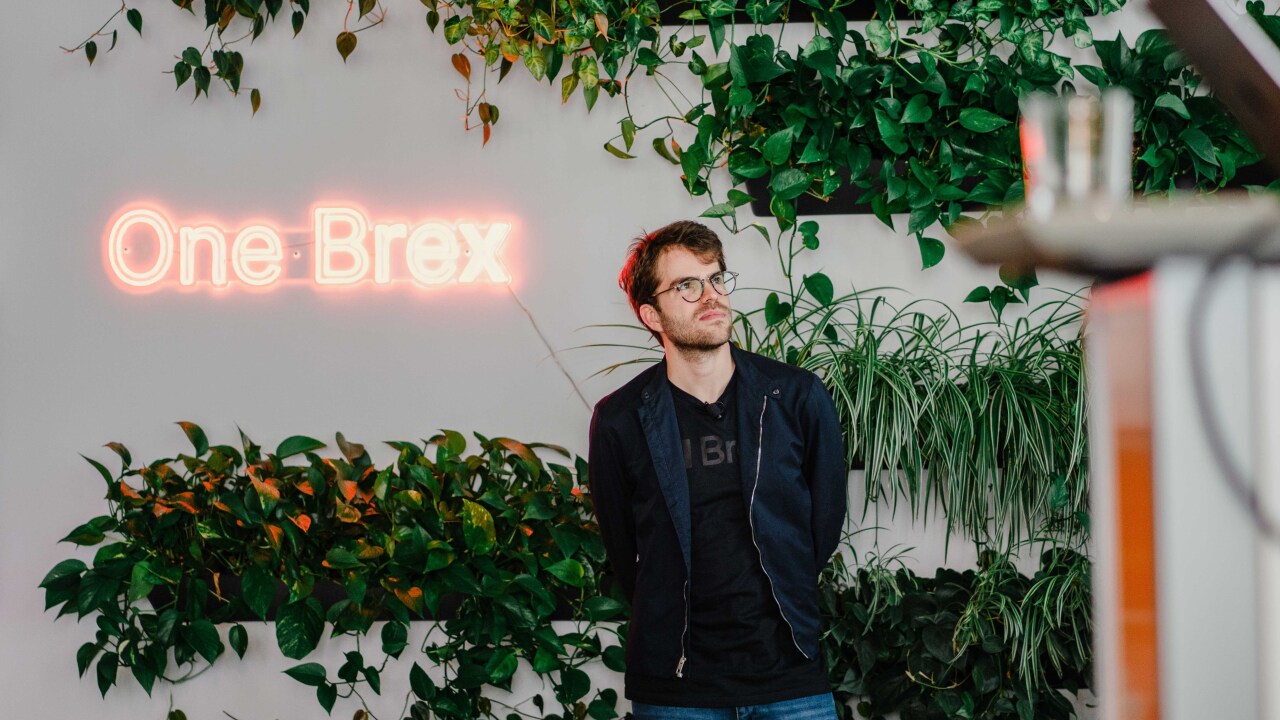Despite lowering barriers and eliminating borders for commerce, the internet still makes it clunky comparison-shop for products across multiple sites. It's even clunkier when the consumer wants to fill an order with items from multiple merchants.
E-commerce startup Shoppable aims to solve this by creating a universal shopping cart, which aggregates purchases across e-tailers. It's a concept that would be nearly impossible in the brick and mortar world. Shoppable handles this by making the product — rather than the merchant — the brand in control of the experience.
A brand such as Maybelline or Dove can support payments at the range of stores that offer their products without a redirect to those store, according to the vendor. Shoppable enables a process wherein a consumer can view an ad or article about a product, then visit different retailers to make a purchase directly via the publisher's site.

"We want to create a shoppable layer on the internet," said Heather Marie, founder and CEO of the New York-based Shoppable, which has received funding from MI Ventures, Canary Ventures, ON Grid Ventures and others. This week Shoppable received a U.S. patent for its universal cart technology.
As more e-commerce migrates to smaller screens, the need to simplify the checkout process will be more critical for retailers, said Michael Moeser, director of the payments practice at Javelin Strategy & Research.
"The old ways of registering an account, filling out shipping and billing addresses and card numbers is quickly becoming outdated," Moeser said.
Shoppable takes an Uber-like approach in putting the payment under the surface. Publishers can use Shoppable, which licenses its technology to clients, to manage products on their site; and use an application programming interface to embed sales and payments within their own apps. The model also allows data gathering around payment preferences to inform future campaigns.
Shoppable has partnerships with about 300 companies, and is hoping the patent will present an opportunity to boost merchant and consumer usage in an e-commerce market dominated by Amazon, which sells seemingly everything under the sun through a single shopping cart.
"Consumers are less patient," Marie said. "They want instant gratification. If they can't get something easily they'll walk away."
The patent could potentially help differentiate Shoppable among checkout technology providers. While there are a number of checkout services today, it is likely that only one or two will rise to the top, according to Moeser, placing an emphasis on ubiquity and utility.
While merchant adoption of such checkout services has been spotty, there is a consumer benefit, Moeser said.
"We have seen significant growth in these, partly driven by Apple Pay, Android Pay and PayPal for in-app purchases, but also by the consumer desire to concentrate more purchases on a single platform," Moeser said. "Instead of having to remember your Walmart.com password, along with Amazon, etc. it's just easier to remember your Visa Checkout credentials."





